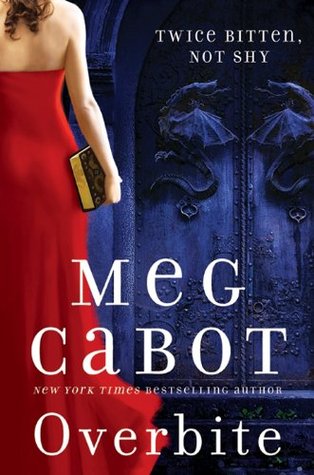In an endeavor similar to his debut novel, The Kitchen Boy,
Alexander couples extensive research and poetic license, this time
turning his enthusiasm toward perhaps the most intriguing player in the
collapse of the Russian dynasty: Rasputin. This eyebrow-raising account
of the final week of the notorious mystic's life is set in Petrograd in
December 1916 and narrated by Rasputin's fiery teenage daughter, Maria.
The air in the newly renamed capital is thick with dangerous rumors,
many concerning Maria's father, whose close relationship with the
monarchy—he alone can stop the bleeding of the hemophiliac heir to the
throne—invokes murderous rage among members of the royal family. Maria
is determined to protect her father's life, but the further she delves
into his affairs, the more she wonders: who, exactly, is Rasputin? Is he
the holy man whose genuine ability to heal inspires a cult of awed
penitents, or the libidinous drunkard who consumes 12 bottles of Madeira
in a single night, the unrestrained animal she spies "[eagerly] holding
[the] housekeeper by her soft parts"? Does this unruly behavior link
him to an outlawed sect that believes sin overcomes sin? The combination
of Alexander's research and his rich characterizations produces an
engaging historical fiction that offers a Rasputin who is neither beast
nor saint, but merely, compellingly human.
I
did not know much about Rasputin when I started this book. I thought
it was well written and really cared about Maria. We went into it
knowing that Rasputin was killed and we learn about the short time
before his death. We also find out what happens to Maria in the
epilogue. I am planning to read Alexander's other book The Kitchen Boy since I liked his writing style.
The book for December is City of Ember by Jeanne DuPrau
